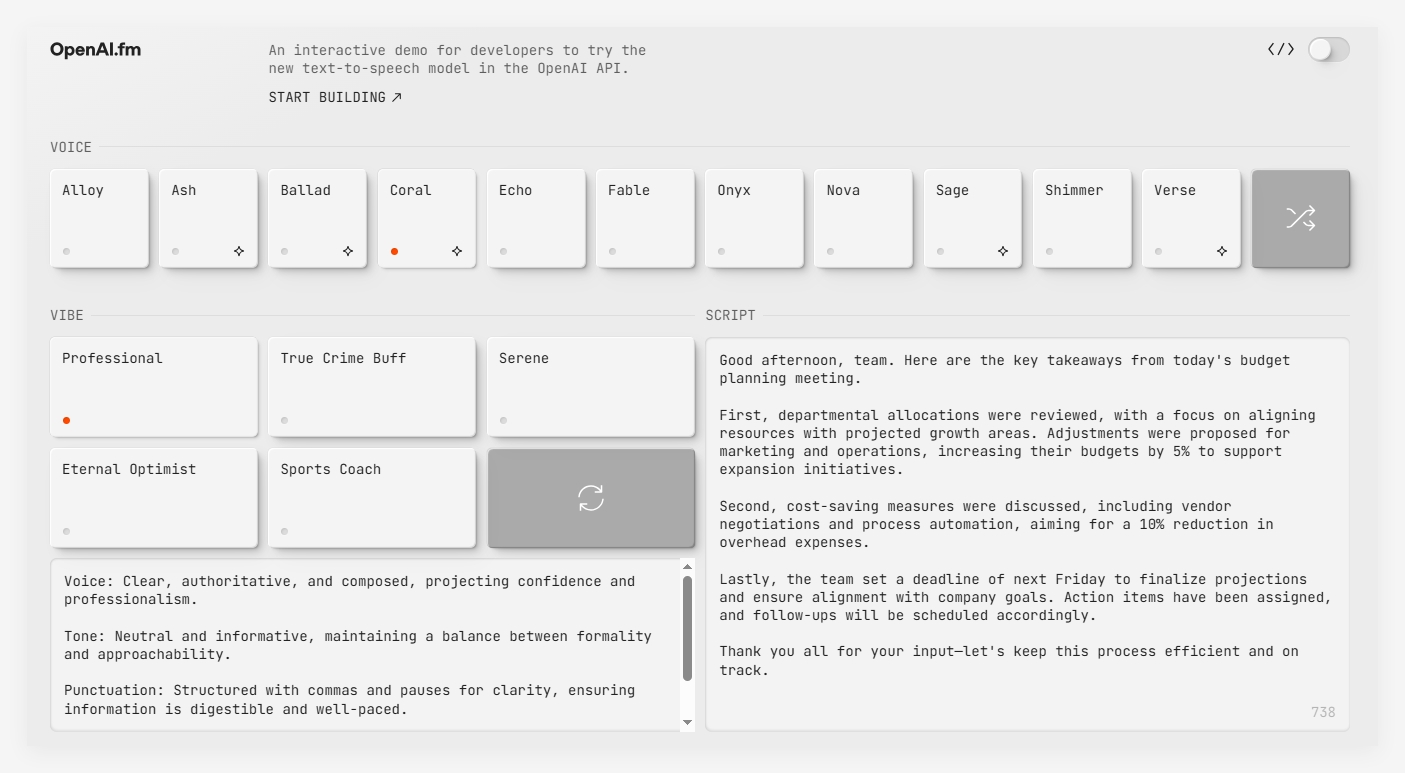In the field of artificial intelligence, post-training techniques are gradually becoming an important means to enhance model performance. Recently, the Allen Institute for Artificial Intelligence (AI2) released the Tülu3 series models, a fully open-source advanced language model that competes with closed-source models like GPT-4o-mini. Tülu3 not only includes model data, code, and training recipes but also provides an evaluation framework aimed at promoting the development of post-training techniques for open-source models.

Traditionally, models that have only undergone pre-training often fail to effectively meet real-world application needs, potentially generating toxic or harmful information and struggling to follow human instructions. Therefore, post-training phases such as instruction fine-tuning and human feedback learning are particularly important. However, optimizing the post-training process remains a technical challenge, especially since improving one capability of the model may affect others.
To tackle this challenge, major companies have increased the complexity of post-training methods, attempting multi-round training and combining human and synthetic data, but most methods remain closed-source. In contrast, the release of the Tülu3 series has bridged the performance gap between open-source and closed-source models, introducing a new training approach.

The training process of Tülu3 is divided into four stages: data construction, supervised fine-tuning, preference adjustment, and reinforcement learning with verifiable rewards.
First, researchers focus on the core skills of the model, constructing training data by combining human and synthetic data.
Second, supervised fine-tuning is conducted to ensure the model performs on specific skills at least as well as other advanced models.
Third, a direct preference optimization method is used to further enhance the model's overall performance. Finally, an innovative approach of introducing reinforcement learning with verifiable rewards helps the model better accomplish tasks with verifiable outcomes.
The Tülu3 model is built on the foundation of Llama3.1, demonstrating excellent performance in areas such as reasoning, mathematics, programming, and instruction following. Compared to other open-source and closed-source models, Tülu3 shows outstanding comprehensive capabilities across multiple benchmark tests, marking a significant advancement in open-source post-training technology.
Paper link: https://allenai.org/papers/tulu-3-report.pdf
Demo: https://playground.allenai.org/
Key Points:
🌟 Tülu3 is an open-source language model launched by AI2, performing comparably to closed-source models like GPT-4o-mini.
🔧 Post-training techniques are crucial for effectively enhancing model performance in real-world applications.
📊 The training process of Tülu3 is innovative, divided into four stages: data construction, supervised fine-tuning, preference adjustment, and reinforcement learning with verifiable rewards.




